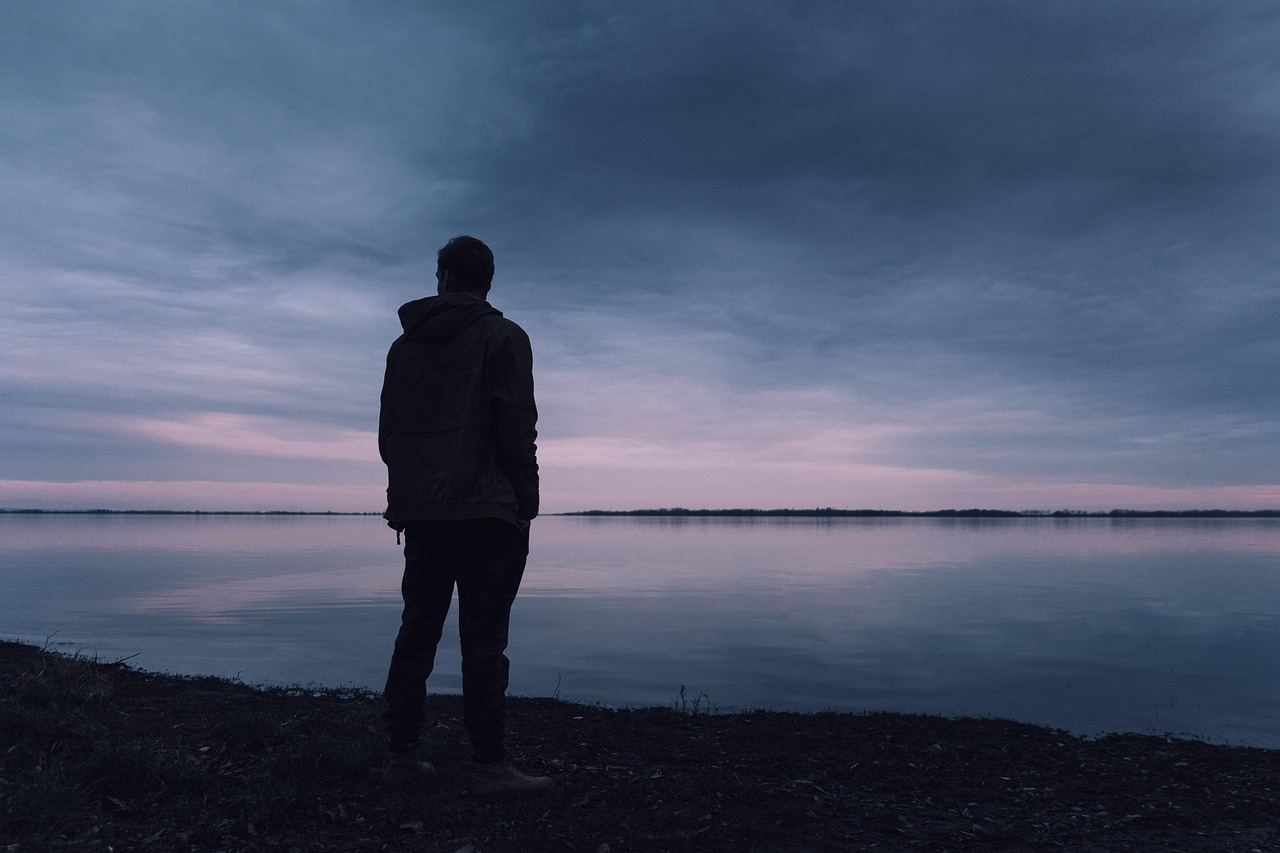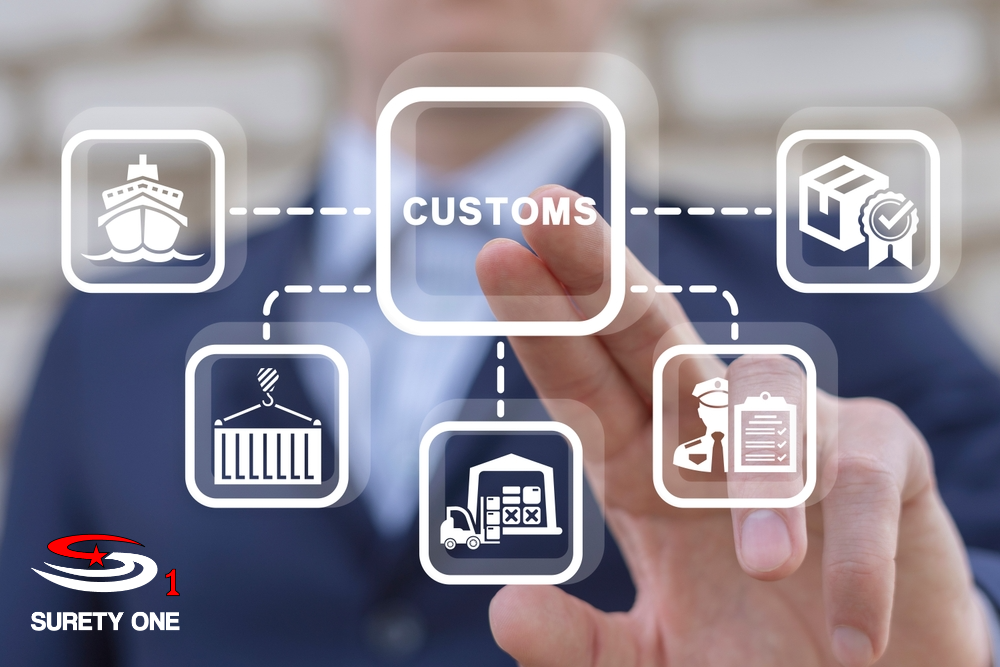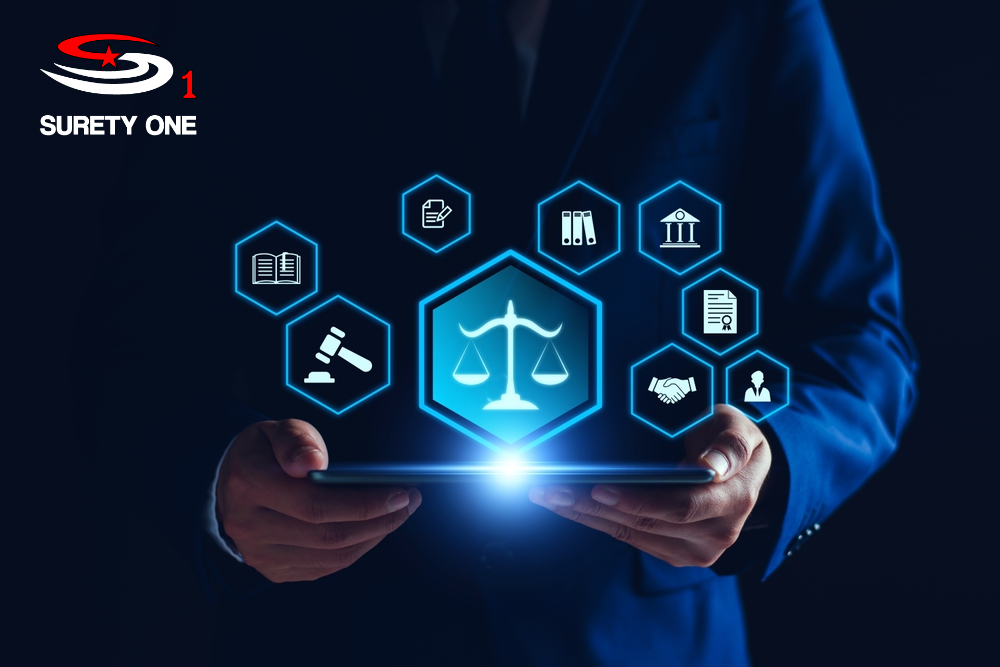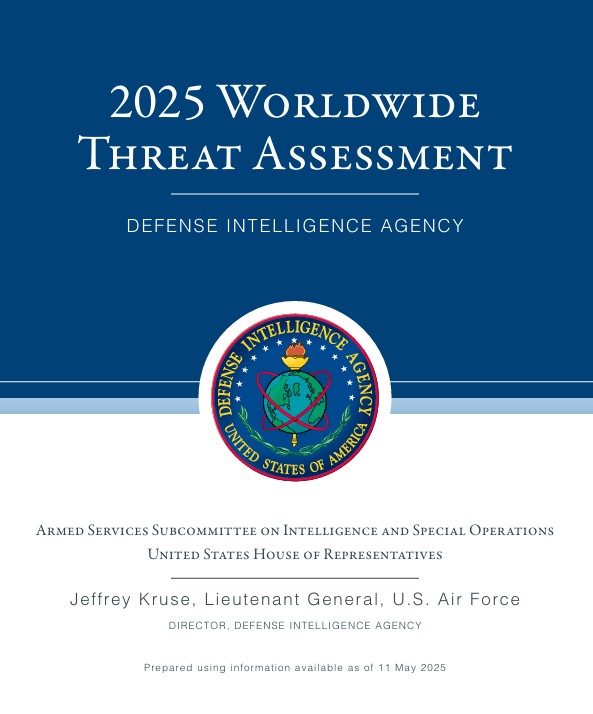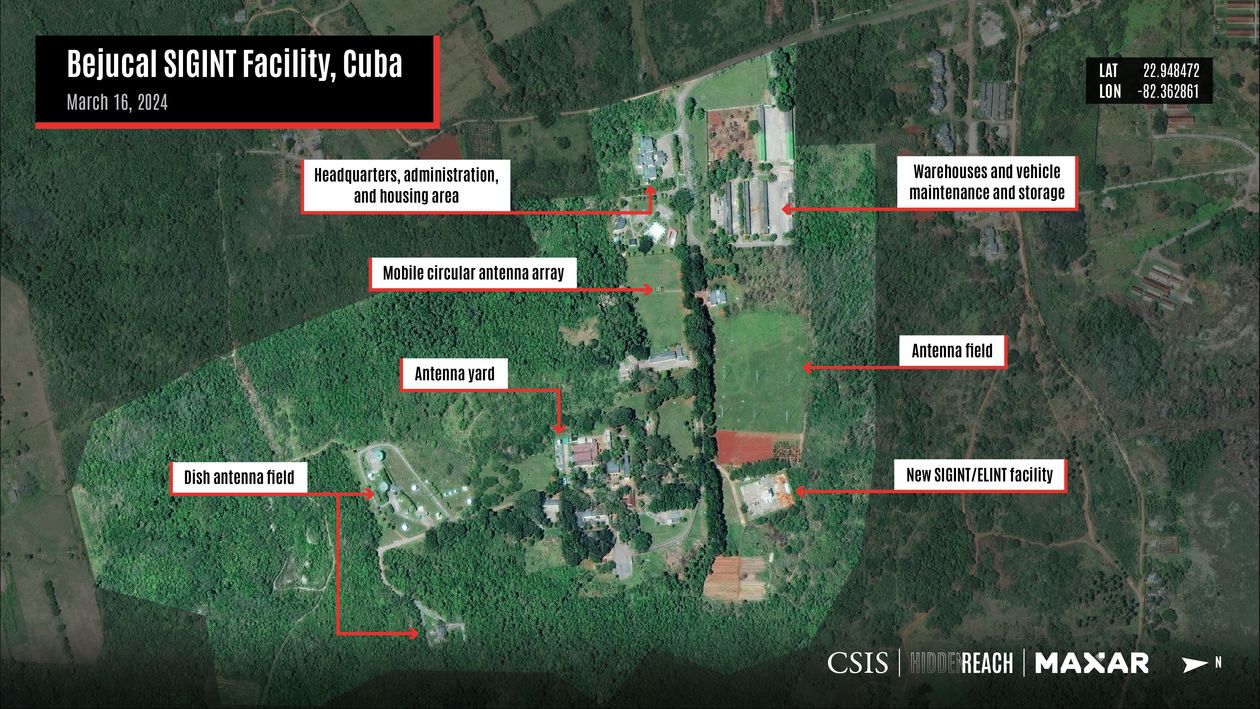La Evaluación de la Comunidad de Inteligencia de EE. UU. (ICA, por sus siglas en inglés) del 6 de enero de 2017, titulada “Evaluación de Actividades e Intenciones Rusas en las Elecciones Recientes de EE. UU.”, ha sido publicada. Como era de esperar, ha provocado una controversia feroz, en gran medida a lo largo de líneas partidistas. El informe concluyó con alta confianza que el presidente ruso Vladimir Putin ordenó una campaña de influencia dirigida a las elecciones presidenciales de EE. UU. de 2016, con la intención explícita de perjudicar las posibilidades de Hillary Clinton y ayudar a la elección de Donald J. Trump. Revisiones posteriores, incluida la revisión de técnicas analíticas de la Dirección de Análisis (DA) de la CIA de 2025, han examinado ciertos aspectos del trabajo interno del ICA. Sin embargo, no existe evidencia creíble que refute la afirmación fundamental de que los servicios de inteligencia rusos interfirieron. Una revisión exhaustiva de investigaciones oficiales del gobierno de EE. UU., informes independientes y materiales desclasificados respalda la legitimidad de la conclusión principal del ICA.
Esta evaluación se basa en el documento de acceso público, que contiene algunas redacciones importantes (contenido oculto). Dichas redacciones no invalidan el núcleo de la evaluación y existen buenas razones para justificar su exclusión.
Qué Está Oculto (Redactado)
Se han eliminado las posiciones específicas del personal de la CIA, el FBI y la NSA que contribuyeron al ICA o participaron en el debate interno de la Comunidad de Inteligencia. Estos individuos no eran figuras públicas como el Director Brennan o el DNI Clapper, por lo tanto, sus identidades permanecen protegidas por razones de seguridad operativa. Las redacciones incluyen a oficiales de análisis, gestores de centros de misión y coordinadores de nivel medio, cuya participación sería fácilmente identificable por título o contexto. Proteger estos nombres está en consonancia con los procedimientos operativos estándar (SOP) de inteligencia, especialmente en evaluaciones políticas sensibles.
Una redacción central se refiere al informe clasificado de la CIA que fundamentó el juicio “aspiracional” del ICA sobre la preferencia de Putin por Trump. El contenido específico de este informe permanece clasificado debido, probablemente, a que proviene de una fuente HUMINT excepcionalmente sensible o una plataforma técnica de recolección. La revisión de técnicas indica que este informe tuvo una circulación muy limitada, y no fue serializado hasta diciembre de 2016, lo que sugiere que contiene material que comprometería métodos de recolección o expondría a un activo clandestino si se revelara. Algunas secciones hacen referencia a decisiones analíticas de incluir u omitir partes del informe de inteligencia. Las citas directas o resúmenes que sugerían interpretaciones alternativas de la intención de Putin han sido lógicamente excluidos. Estas redacciones reflejan deliberaciones legítimas sobre técnicas de análisis y también contienen material operativo sensible que no es apropiado para divulgación pública, incluyendo fuentes específicas o lenguaje de informes de campo.
Las porciones que discuten la creación por parte de Brennan de una célula de fusión especial y el acceso restringido a materiales de inteligencia omiten palabras clave y nombres de programas relacionados con compartimentos especiales. Esto incluiría nombres de grupos internos de la CIA, niveles de autorización, términos operativos y las identidades de oficiales asignados a dichos proyectos. Estas redacciones preservan la integridad de los protocolos de gestión de información compartimentada y protegen metodologías que aún pueden estar en uso.
Estoy convencido de que se recibieron informes de servicios de inteligencia extranjeros aliados (FIS/FIE). El contenido redactado en este contexto probablemente oculta la nacionalidad, el origen o los métodos de esos colaboradores. Revelar tales detalles violaría acuerdos de confidencialidad de larga data (la “regla de terceros”) y pondría en riesgo la colaboración futura con servicios de inteligencia aliados.
El Núcleo del Asunto
La versión desclasificada del ICA concluyó que los objetivos de Rusia eran “socavar la confianza pública en el proceso democrático de EE. UU., denigrar a la secretaria Clinton y perjudicar su elegibilidad y posible presidencia” y, además, que “Putin y el gobierno ruso desarrollaron una clara preferencia por el presidente electo Trump” (ODNI, 2017). Estas conclusiones fueron respaldadas con “alta confianza” por la CIA, el FBI y la NSA — esta última asignando “confianza moderada” al juicio sobre la aspiración de Putin de ayudar a Trump. El ICA fue el resultado de un esfuerzo coordinado por tres agencias clave de inteligencia, sustentado por una base sólida de información, incluyendo forense cibernético, inteligencia humana (HUMINT) y comunicaciones interceptadas (SIGINT). No fue, como han sugerido algunos medios, basado únicamente en el controvertido expediente Steele, que no se usó para apoyar ningún juicio analítico clave, sino que se incluyó únicamente como un anexo.
La Investigación de Mueller y las Acusaciones del DOJ
La investigación del fiscal especial Robert Mueller sobre la interferencia rusa produjo una sólida corroboración de las conclusiones centrales del ICA. El Informe Mueller, publicado en 2019, concluyó: “El gobierno ruso interfirió en las elecciones presidenciales de 2016 de manera amplia y sistemática” (Mueller, Vol. I, p. 1). Dos componentes principales de esta interferencia fueron identificados:
1.) La Agencia de Investigación en Internet (IRA): una granja de trolls rusa que utilizó cuentas falsas en redes sociales para promover narrativas a favor de Trump y en contra de Clinton, dirigidas a votantes estadounidenses mediante desinformación, división racial y teorías conspirativas.
2.) Operaciones de Inteligencia Militar Rusa (GRU): el GRU llevó a cabo intrusiones cibernéticas contra el Comité Nacional Demócrata (DNC), el Comité de Campaña Demócrata del Congreso (DCCC) y el presidente de campaña de Clinton, John Podesta, robando decenas de miles de correos electrónicos y documentos que luego se filtraron estratégicamente a través de Wikileaks.
Doce oficiales del GRU fueron acusados formalmente por el Departamento de Justicia en julio de 2018 por estas operaciones (DOJ Indictment, 2018), estableciendo el papel directo de la inteligencia militar rusa en el pirateo y la difusión de datos robados con fines políticos. Los detalles forenses de la acusación, incluyendo unidades específicas y servidores utilizados, no dejan lugar a ambigüedades respecto a los perpetradores o sus intenciones.
Informe Bipartidista del Comité de Inteligencia del Senado
El Comité Selecto de Inteligencia del Senado de EE. UU. (SSCI) realizó una investigación bipartidista y de múltiples volúmenes sobre la interferencia rusa, que culminó en un informe final de 966 páginas en agosto de 2020. El comité validó las conclusiones principales del ICA: “El Comité considera que el ICA presenta una base de inteligencia coherente y bien construida para la evaluación de que Putin y el gobierno ruso aspiraban a favorecer las oportunidades electorales del presidente electo Trump” (SSCI, Volumen 5, p. 6). El comité informó que el ICA no fue impulsado políticamente, que se escucharon opiniones disidentes y que las técnicas analíticas fueron sólidas, a pesar del cronograma acelerado. También observó que el gobierno ruso percibía una presidencia de Trump como favorable a los intereses de Moscú, especialmente debido al escepticismo de Trump hacia la OTAN y la alianza transatlántica.
Estrategia de Mensajes y Desinformación Rusa
El análisis de fuentes abiertas sobre la desinformación rusa también respalda la conclusión de que Trump era el candidato preferido. El panel Hamilton 68, mantenido por la Alianza para Asegurar la Democracia, rastreó actividad pro-Kremlin en Twitter y documentó una clara inclinación hacia Trump, junto con la propagación de etiquetas y narrativas contra Clinton y que promovían la desconfianza del electorado.
Los medios estatales rusos como RT y Sputnik mostraron una cobertura marcadamente pro-Trump y difundieron activamente teorías conspirativas sobre la salud de Clinton, la corrupción y los correos del DNC (Brookings Institution, 2017). El contenido y el momento de las filtraciones de Wikileaks fueron sincronizados estratégicamente con momentos clave de la campaña para causar el mayor daño posible a Clinton, como la publicación de los correos de Podesta horas después del escándalo de la cinta de Access Hollywood.
Reevaluación de la Comunidad de Inteligencia en 2025
La Revisión de Técnicas de la CIA de 2025, aunque crítica de algunas anomalías procedimentales, no retractó ni invalidó las conclusiones del ICA. En cambio, afirmó que el juicio “aspiracional” —que Putin quería que ganara Trump— era plausible y respaldado por evidencia creíble, aunque argumentó que el nivel de “alta confianza” debió haber sido “confianza moderada” debido a la dependencia de un único informe altamente clasificado (Tradecraft Review, 2025, p. 6).
Incluso esta crítica declaró explícitamente: “La Revisión de Análisis no cuestiona la calidad ni la credibilidad del informe serializado altamente clasificado de la CIA… La interpretación de los autores del ICA fue la más coherente con la inteligencia bruta”. Por tanto, aunque abogó por normas más estrictas de técnica analítica y una asignación más cautelosa del nivel de confianza, el informe reafirmó que los juicios de inteligencia fundamentales seguían siendo defendibles y bien fundados.
Ninguna entidad del gobierno estadounidense —CIA, NSA, ODNI o el Departamento de Justicia— ha emitido una refutación formal de las conclusiones del ICA de 2017. Aunque las revisiones internas han pedido mayor transparencia y apego a los estándares analíticos, ningún análisis posterior ha ofrecido un juicio alternativo que afirme que Rusia fue neutral o que prefirió a Clinton. De hecho, declaraciones públicas de altos funcionarios durante el mandato de Trump confirman las conclusiones del ICA. El ex Director de Inteligencia Nacional Dan Coats, por ejemplo, declaró en 2018: “Los rusos siguen intentando influir en nuestras elecciones. Las luces de advertencia están en rojo otra vez. La intención de Rusia fue interferir, y fue claramente para perjudicar a Hillary Clinton y ayudar a Donald Trump” (DNI Coats, Foro de Seguridad de Aspen, 2018).
En Resumen
La afirmación de que los servicios de inteligencia rusos interfirieron en las elecciones presidenciales de EE. UU. de 2016 está respaldada por un cuerpo amplio y coherente de evidencia, proveniente de múltiples investigaciones independientes, bipartidistas y entre agencias. El ICA, el Informe Mueller, las acusaciones del DOJ y las conclusiones del Comité de Inteligencia del Senado convergen en una narrativa clara: que el gobierno ruso emprendió una campaña expansiva para perjudicar a Hillary Clinton y reforzar la candidatura de Trump. Los intentos de desacreditar esta conclusión basados en marcos políticos o interpretaciones selectivas de revisiones posteriores no resisten el peso de la evidencia forense, testimonial y documental. Si bien las revisiones internas de la CIA han examinado correctamente las técnicas empleadas, no revierten el consenso analítico de que Rusia interfirió, y lo hizo en consonancia con la preferencia del Kremlin por Trump.
Referencias
Oficina del Director de Inteligencia Nacional (ODNI). (2017). Evaluación de las Actividades e Intenciones Rusas en las Elecciones Recientes de EE. UU.
https://www.dni.gov/files/documents/ICA_2017_01.pdf
Mueller, R. S. (2019). Informe sobre la Investigación de la Interferencia Rusa en las Elecciones Presidenciales de 2016.
https://www.justice.gov/storage/report.pdf
Departamento de Justicia. (2018). Acusación Formal de Oficiales del GRU Ruso por el Ataque al DNC.
https://www.justice.gov/file/1080281/download
Comité Selecto de Inteligencia del Senado de los EE. UU. (2020). Informe sobre las Campañas de Medidas Activas Rusas y la Interferencia en las Elecciones de 2016 en EE. UU., Volumen 5.
https://www.intelligence.senate.gov/sites/default/files/documents/report_volume5.pdf
Dirección de Análisis de la CIA. (2025). Revisión de Técnicas Analíticas sobre la Evaluación de la Comunidad de Inteligencia de 2016 respecto a la Interferencia Electoral Rusa.
Brookings Institution. (2017). La Estrategia del Kremlin: Cobertura Pro-Trump y Desinformación.
https://www.brookings.edu/articles/how-russian-state-media-views-the-2016-election/
Coats, D. (2018). Intervención en el Foro de Seguridad de Aspen.
https://www.c-span.org/video/?448718-1/dan-coats-says-warning-lights-blinking-red-russian-cyberattacks



